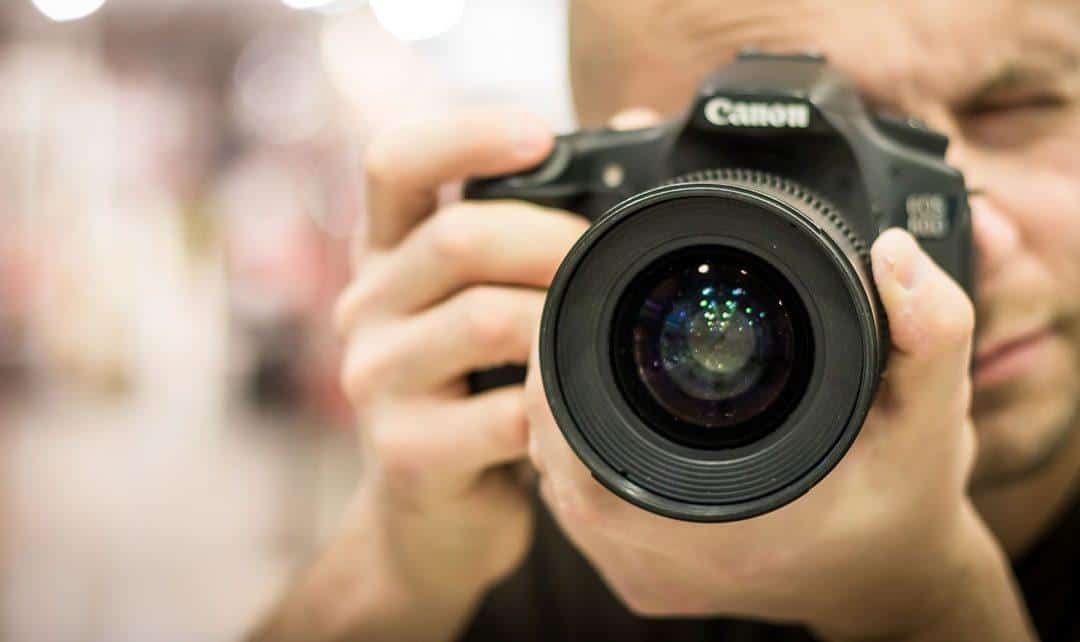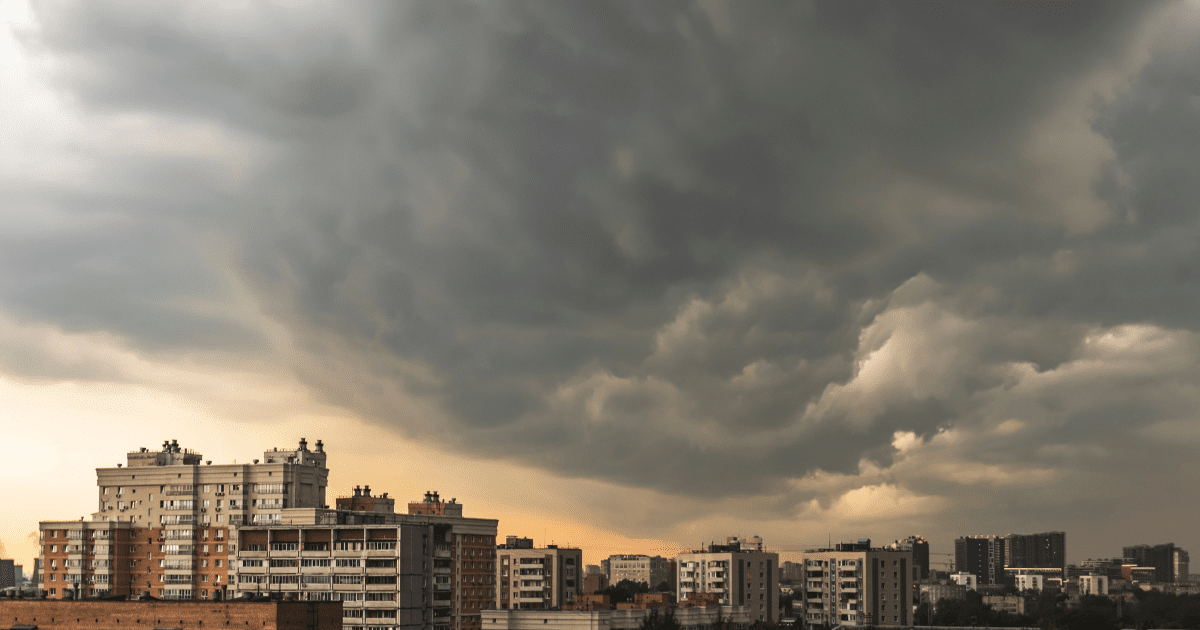A good salesperson knows their strengths and weaknesses and can compensate for where they may find their skills are lacking. If you are not confident about your photography skills or have been asked not to take photos at family events, here is a handy guide to hiring a good photographer for your real estate photos. A picture is worth a thousand words, and you can really make your listing talk to the right audience when your photos tell the story.
Choosing the right kind of photographer:
Rob Holding, a professional photographer for Google Street View and Airbnb says, “Many (photographers) specialize in a particular sector and, while excellent in their own disciplines, may struggle with others. A fashion photographer; although competent at fashion photography, may not be the best person to shoot a wedding. A wedding photographer may find sports photography tricky. Different scenarios can require different photography skills.”
The first question to ask a potential photographer is what situations or scenes are they experienced in photographing. Don’t be afraid to ask for samples of their work.
Unlike other professions, there is no unified standard of education or training required in order to start a business as a professional photographer. While it is a business that anyone can start, few last long or get recommended unless they know the basics and have demonstrated via a portfolio the quality of their work.
Some photographers offer extensive printing services, others may offer photographs on CD or a USB drive. Some photographers may charge for distances outside of a certain limit, while others may consider that part of their fee. Before considering or eliminating any of your photography candidates, find out in detail which services are offered and where their expertise really shines. It is important to decide which features and options presented to you matter most when narrowing down your list. Do you need someone who can print photos, or do you prefer a basic service? Do you want a whole package of services such as photos, digital and prints?
Ask for samples:
Holding says it is important to go beyond taking a photographer’s word and actually view the quality of their work. “Ask to see some examples. A reputable, practicing photographer should have a body of past image examples they can show you. As a property photographer, I carry and use specialist wide-angle lenses that are designed for architecture. I also direct potential customers to examples of my work on my website.”
When you are studying the portfolio of a photographer, pay attention to any scenes or shots that would be common to your real estate listings. For instance, if your photographer captures architecture, what are their interior photos like? Can they handle small washrooms or large landscapes? Do they have the skills and tools to cover the shots you will want when creating a listing?
Working with a photographer:
If photography is not your strong suit, working with a photographer could be intimidating – after all, they may ask what you want. Not to worry. Holding says, “Feel free to talk to your photographer, explain what the images will be used for and ask their advice. A good photographer should be able to offer suggestions and guidance on what will make your property look good.” Communication is important, so make sure your photographer understands your needs and that you understand their limitations.
Helping your photographer:
Just as it is not your job to bring tools and spring clean a client’s home, it is not the job of the photographer to tidy up and declutter before a shoot. Ensure that your photographer has a nice clean area to photograph in order to get the best results. Basic tasks to remember include the removal of family photos, close toilet lids, put away dishes and remove cleaning products from counters.
Payment:
After making a list of a few photographers whom you may wish to work with, compare services and prices. Blindly going for the cheapest or the most expensive can be a costly mistake. Holding says, “Image quality, turn-around time, professionalism and experience are all relative here. If photographer X is more expensive than photographer Y but photographer X offers a better service with great images and a fast turn-around, it’s worth considering paying the additional money. In most (but certainly not in all) cases, the phrase “you get what you pay for” holds true. If you’re happy with the images you receive and the price you have paid for them, you’ve done a good job.”
Yvonne Dick is a contributing writer for REM with two decades of experience in journalism.

















